

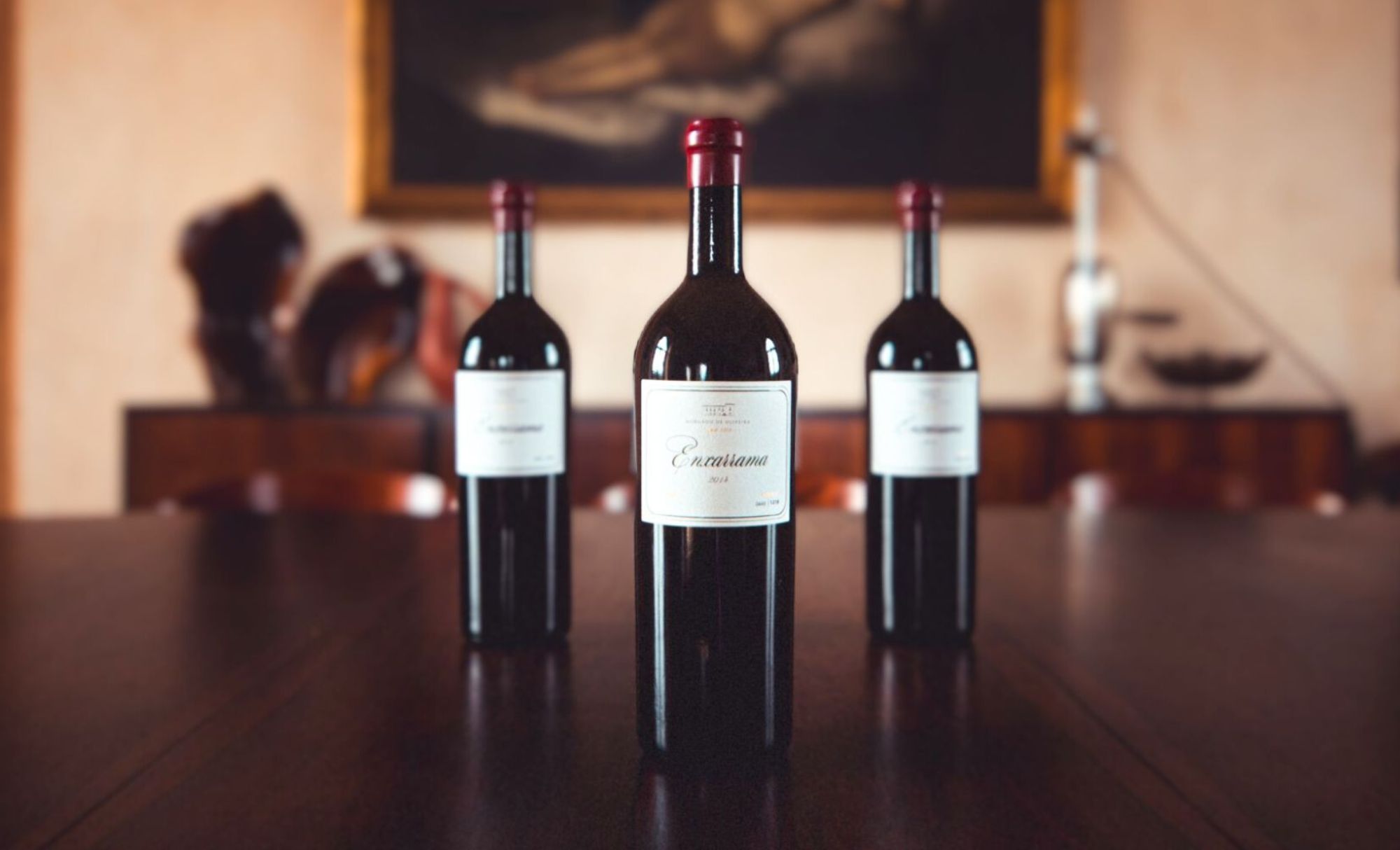
Recreated from a tasting note from 1867, António has been secretly and quietly preparing the comeback of what was once the most renowned wine of Alentejo, Enxarrama.
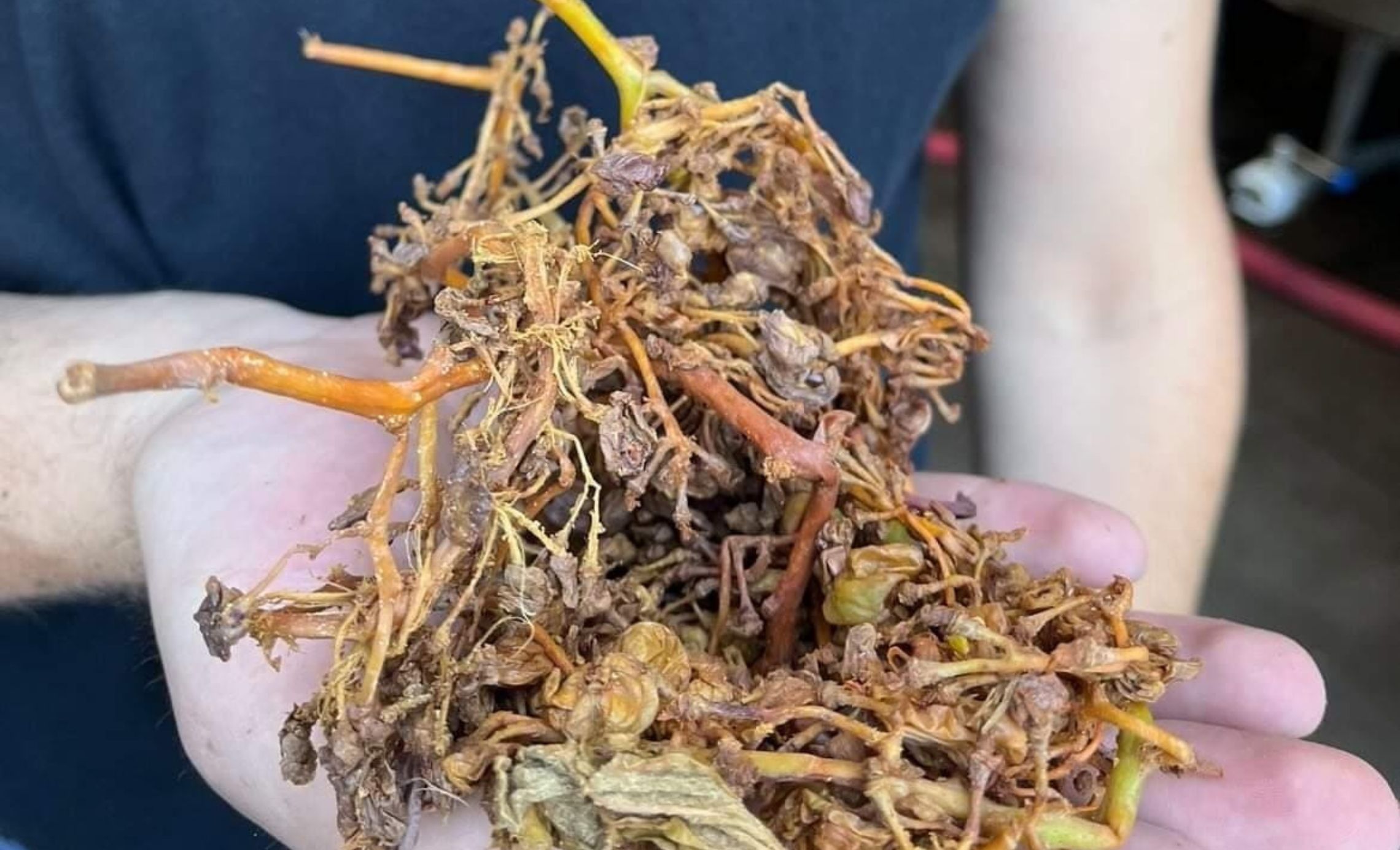
It is our Clockwork Orange, because life sometimes applies an agonizing pressure that we just try to bear.
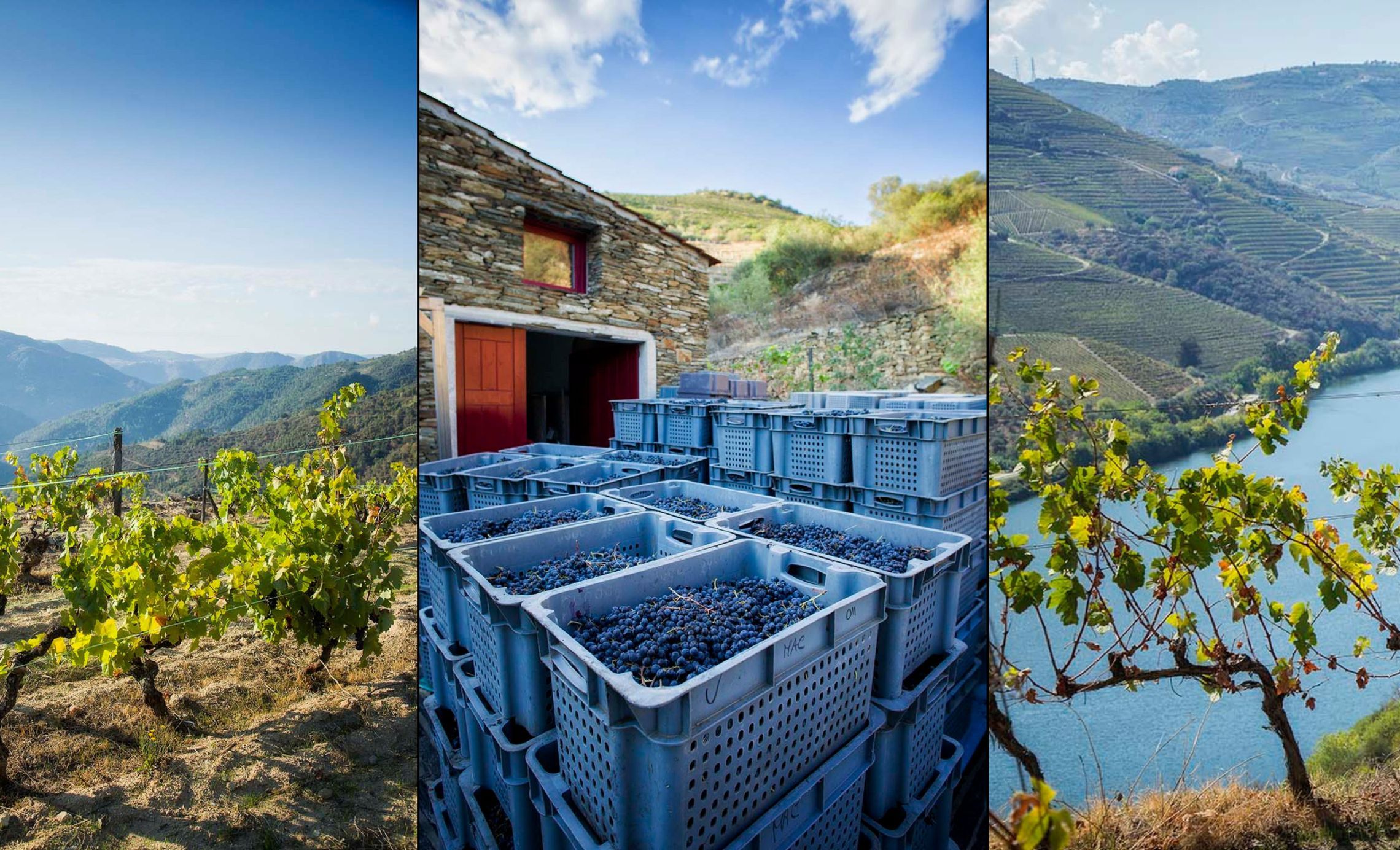
Touriga Nacional is a very noble grape variety with high oenological value and the ability to produce some of the best Portuguese red wines.
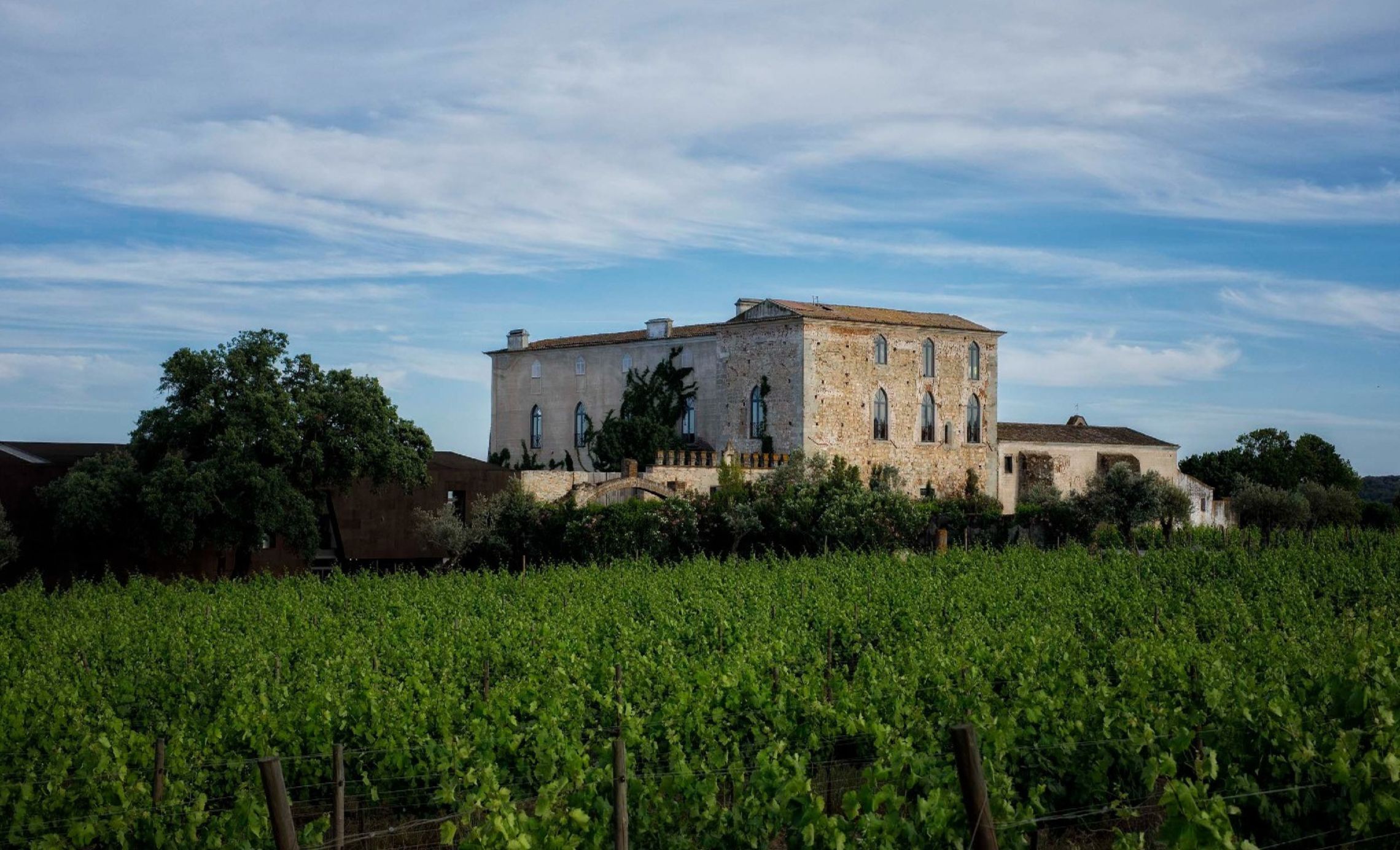
It was in 2010 that we started our first white trial of indigenous yeasts. Today, 12 years later, all our wines are produced using indigenous yeasts.
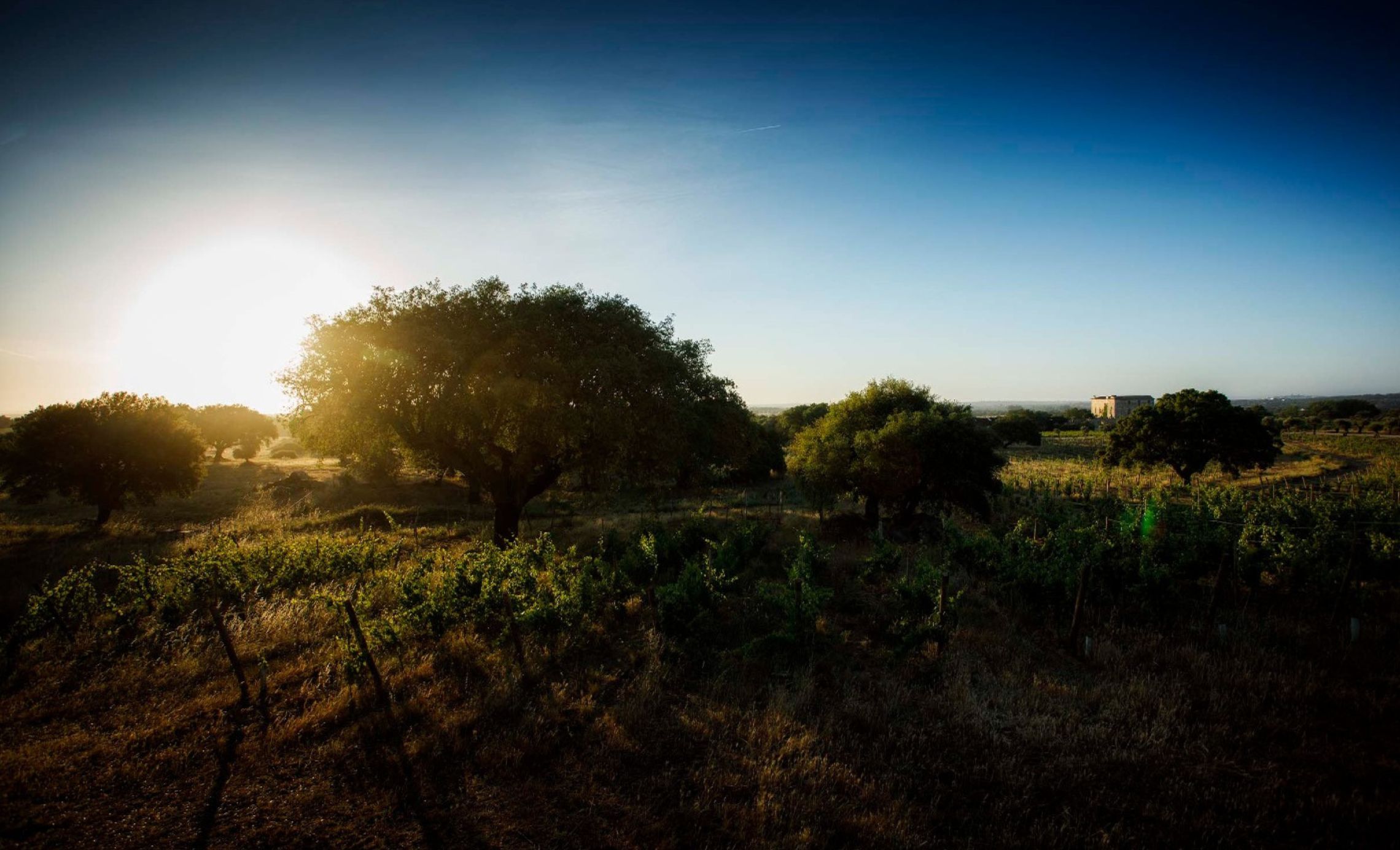
Castelão (syn. Periquita) is a low-concentration grape variety essential to the region's ancient winemaking, which has fallen into disuse in this era of concentrated red wines.
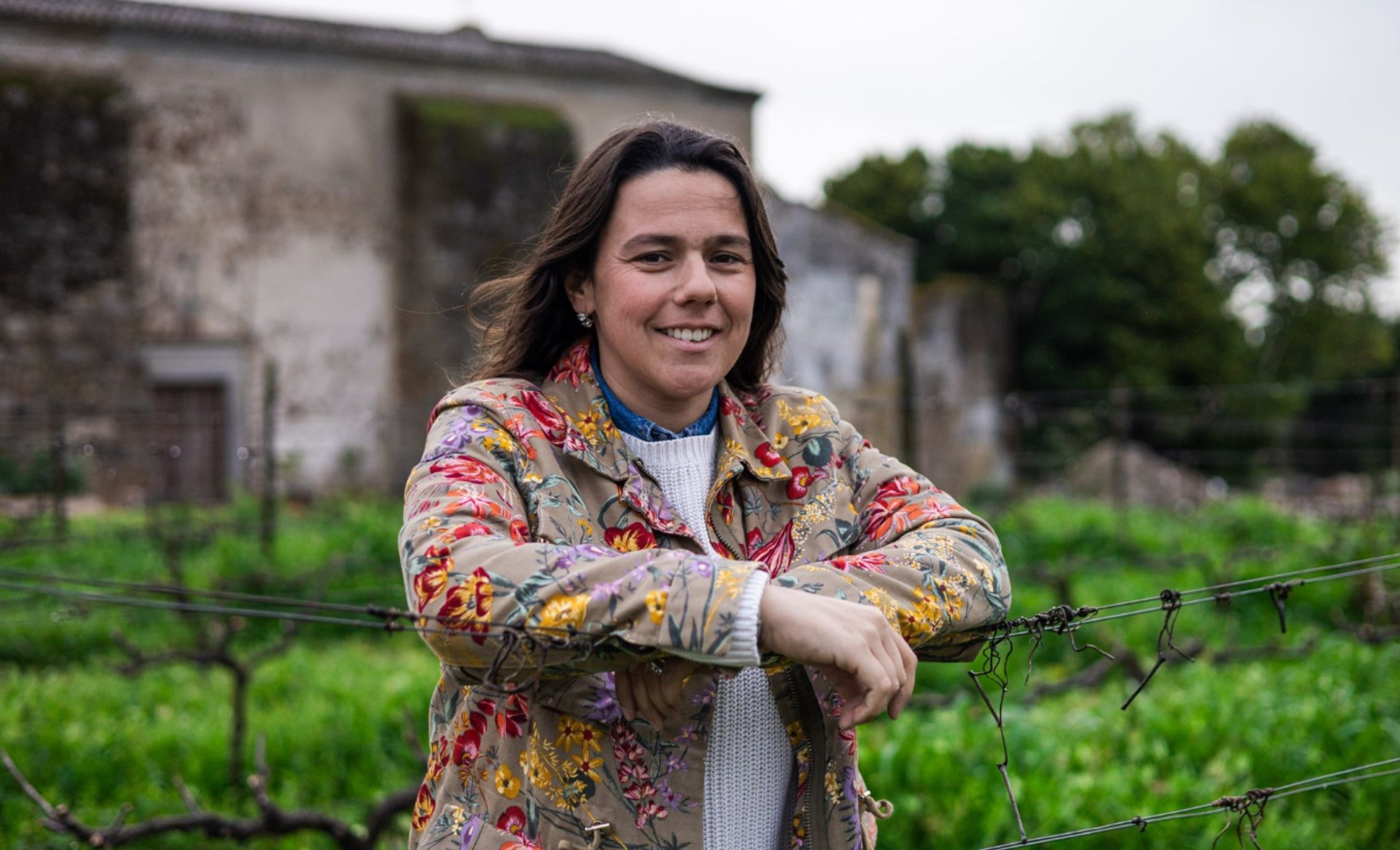
Fitapreta is the latest to be certified by the Alentejo Wines Sustainability Program. The vineyard is dry-farmed and in the middle of agroforestry. It only uses as much water as is strictly necessary.
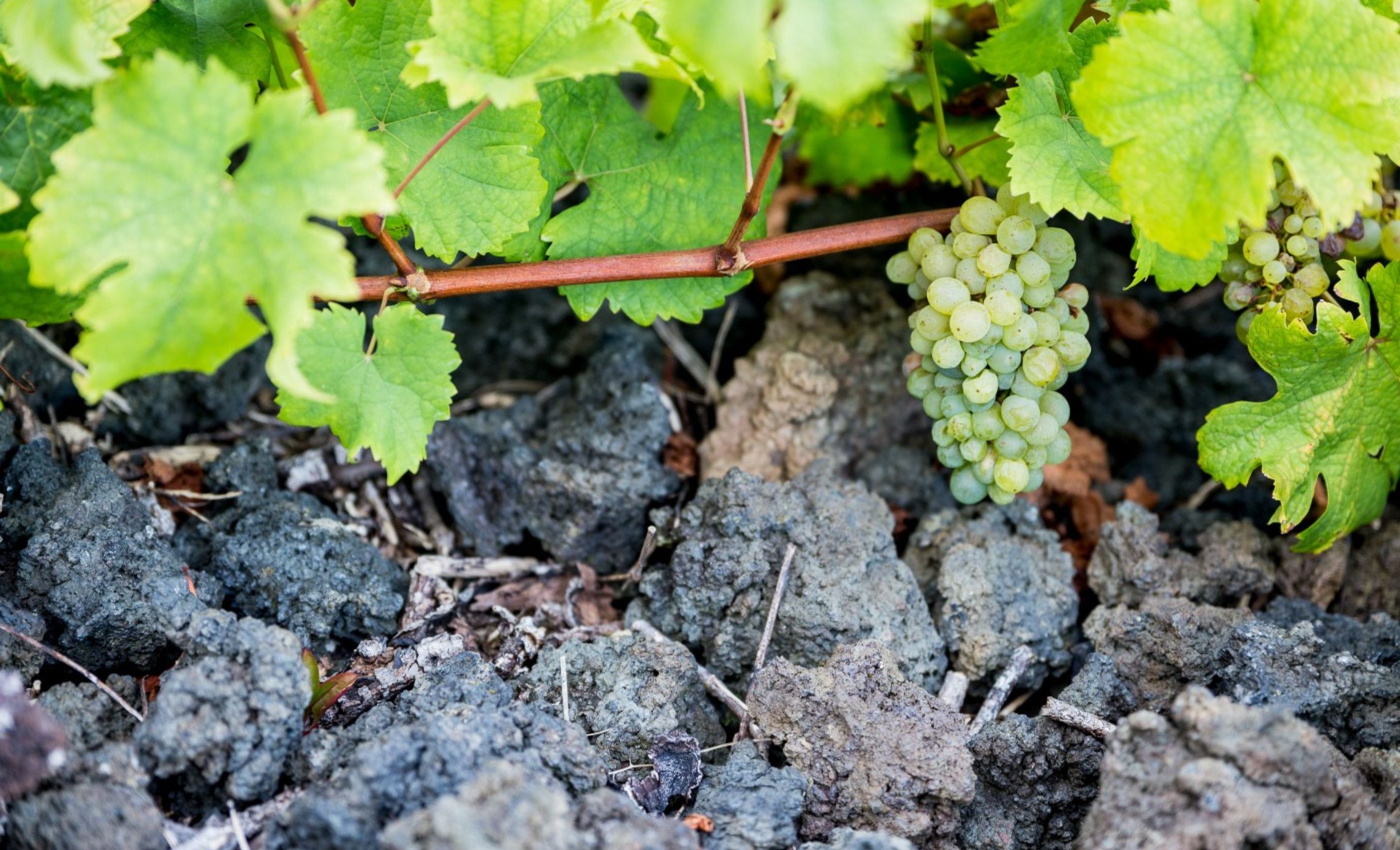
The Volcanic Series are wines of volcanic origin, where the soils, poor and stony, defy the very definition of agricultural soil.

The formula for the new vintage of one of our classics, Maçanita Red, is essentially summed up in this image.
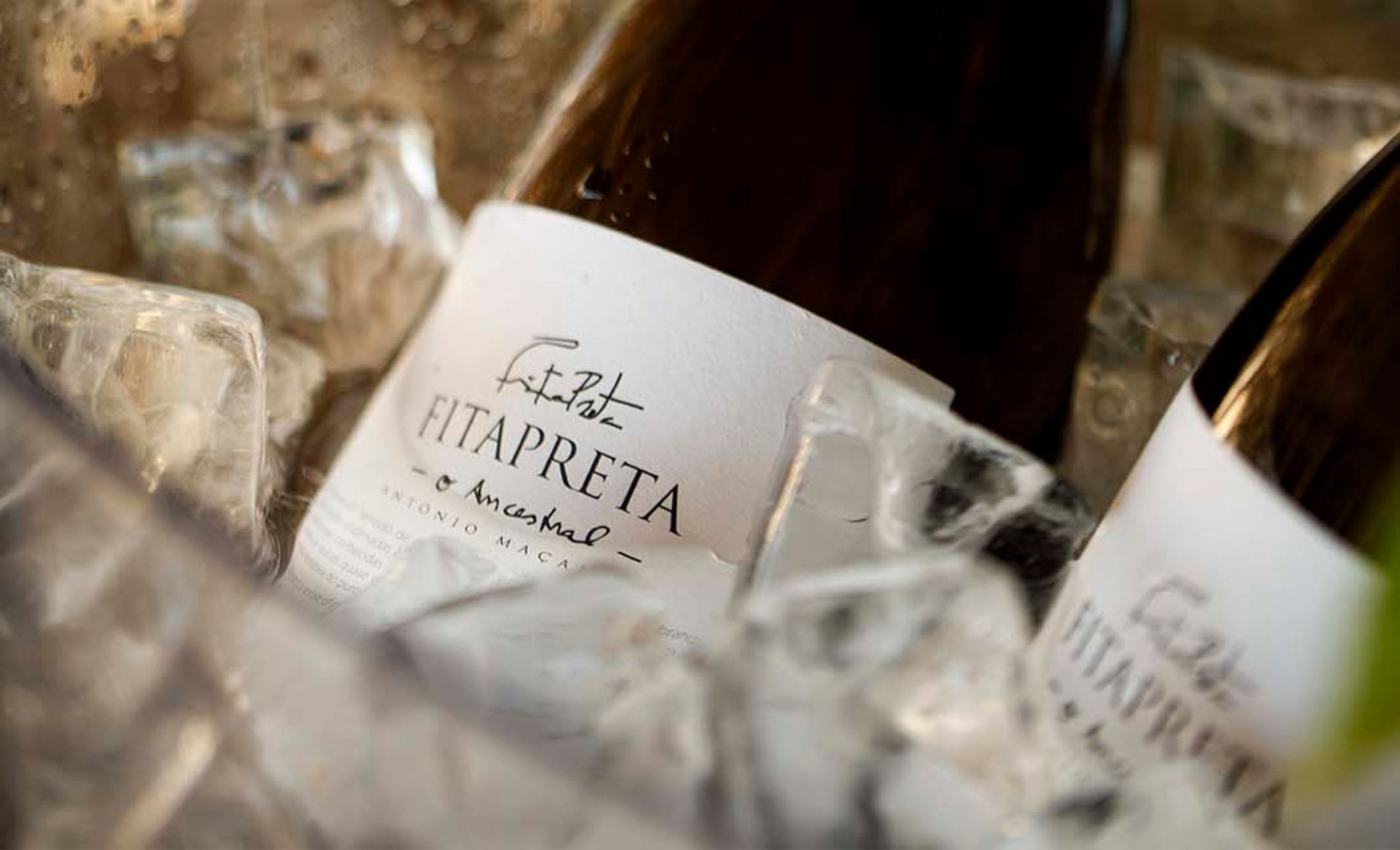
After two months out of stock, Fitapreta White, The Ancestor is back! The 2023 vintage is now available.
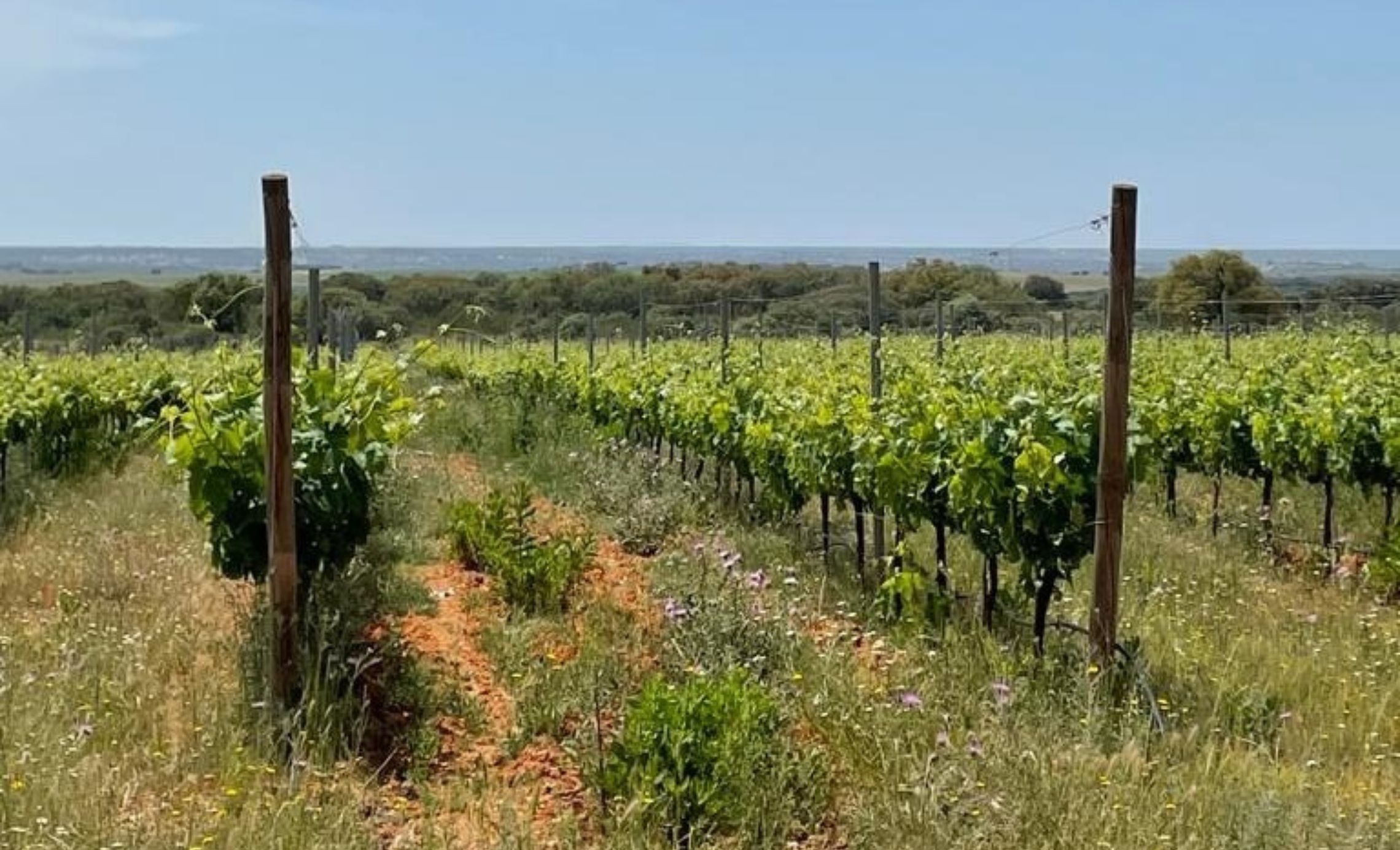
This Baga is from Alentejo, which is unheard of, and tests the variety further south, where the schist and the heat have allowed it to mature to other levels.

The "vinho da corda" was one of the ways in which "liqueurs" were prepared before the arrival of aguardentação in the mid-17th century.
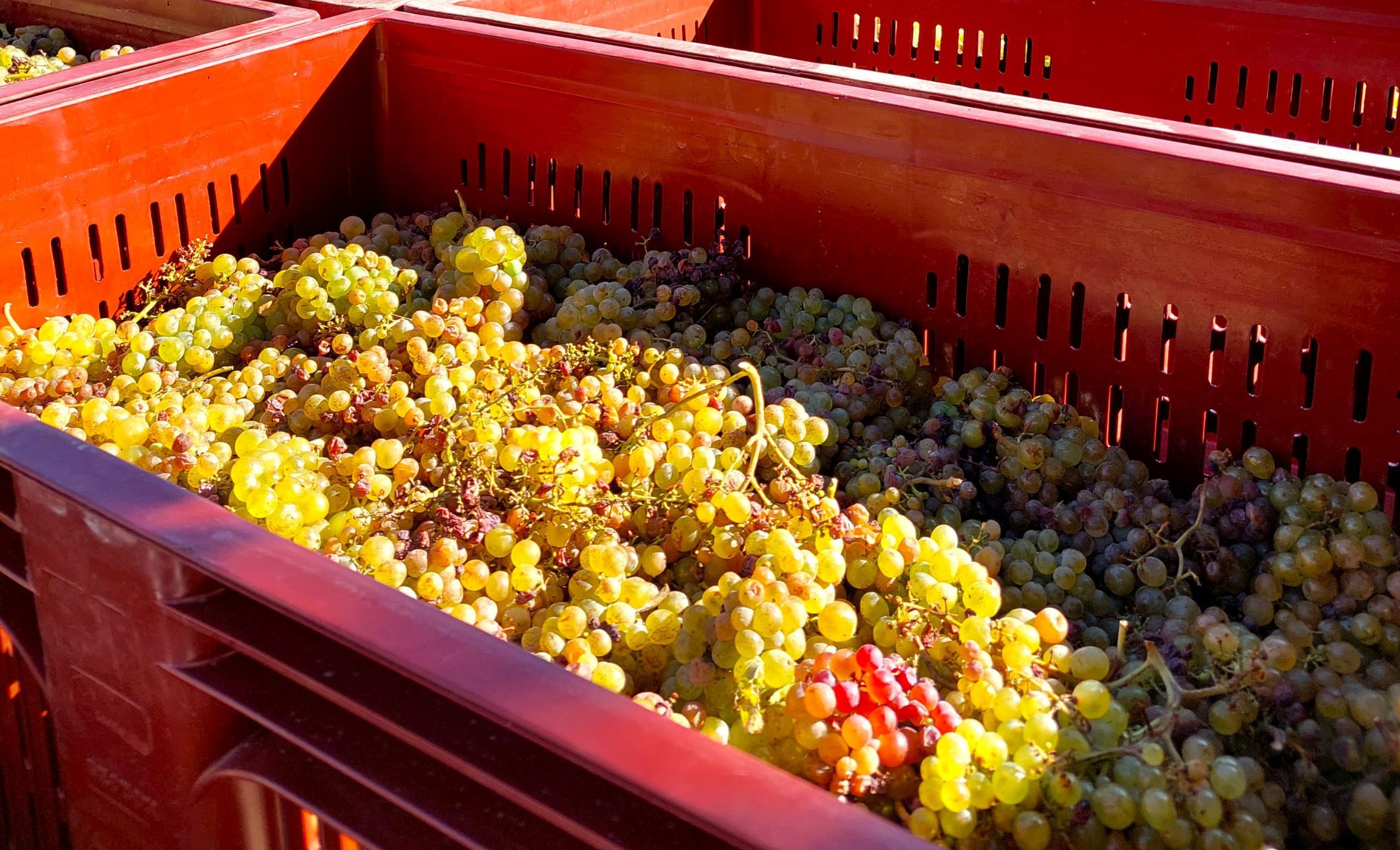
The Douro, known for its Port wine production, has always stood out for its red grape varieties, with white grape varieties being pushed into the background. Official figures show that whites account for less than 20% of the entire Douro area.